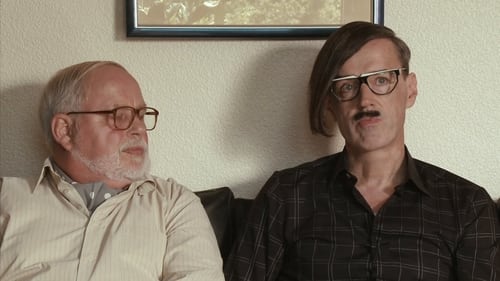
Director

Dramaturgy
In March 2020, 25 young musicians from the Bolivian Experimental Orchestra for Indigenous Instruments (OEIN) came to Germany to play concerts in Berlin and Dresden. Due to the COVID-19 pandemic, the concerts were cancelled. Then, as Bolivia closed its borders, the musicians found themselves stuck in the Music Academy in Rheinsberg/Brandenburg for almost three months. Together with their German colleagues in the ensembles PHØNIX16 and noiserkroiser, they face the crisis by developing several musical projects, a large part of which involves incorporating improvisation into contemporary music.

Editor
In March 2020, 25 young musicians from the Bolivian Experimental Orchestra for Indigenous Instruments (OEIN) came to Germany to play concerts in Berlin and Dresden. Due to the COVID-19 pandemic, the concerts were cancelled. Then, as Bolivia closed its borders, the musicians found themselves stuck in the Music Academy in Rheinsberg/Brandenburg for almost three months. Together with their German colleagues in the ensembles PHØNIX16 and noiserkroiser, they face the crisis by developing several musical projects, a large part of which involves incorporating improvisation into contemporary music.

Cinematography
In March 2020, 25 young musicians from the Bolivian Experimental Orchestra for Indigenous Instruments (OEIN) came to Germany to play concerts in Berlin and Dresden. Due to the COVID-19 pandemic, the concerts were cancelled. Then, as Bolivia closed its borders, the musicians found themselves stuck in the Music Academy in Rheinsberg/Brandenburg for almost three months. Together with their German colleagues in the ensembles PHØNIX16 and noiserkroiser, they face the crisis by developing several musical projects, a large part of which involves incorporating improvisation into contemporary music.

Producer
In March 2020, 25 young musicians from the Bolivian Experimental Orchestra for Indigenous Instruments (OEIN) came to Germany to play concerts in Berlin and Dresden. Due to the COVID-19 pandemic, the concerts were cancelled. Then, as Bolivia closed its borders, the musicians found themselves stuck in the Music Academy in Rheinsberg/Brandenburg for almost three months. Together with their German colleagues in the ensembles PHØNIX16 and noiserkroiser, they face the crisis by developing several musical projects, a large part of which involves incorporating improvisation into contemporary music.

Director
In March 2020, 25 young musicians from the Bolivian Experimental Orchestra for Indigenous Instruments (OEIN) came to Germany to play concerts in Berlin and Dresden. Due to the COVID-19 pandemic, the concerts were cancelled. Then, as Bolivia closed its borders, the musicians found themselves stuck in the Music Academy in Rheinsberg/Brandenburg for almost three months. Together with their German colleagues in the ensembles PHØNIX16 and noiserkroiser, they face the crisis by developing several musical projects, a large part of which involves incorporating improvisation into contemporary music.

Editor
Water as a physical and metaphysical metaphor and background of human existence. A docu-fictional essay between the Brazilian Sertão-deserts and the Northern-German flood areas of Dithmarschen. Dramas and day-by-day-observations in times of climate change.

Producer
Water as a physical and metaphysical metaphor and background of human existence. A docu-fictional essay between the Brazilian Sertão-deserts and the Northern-German flood areas of Dithmarschen. Dramas and day-by-day-observations in times of climate change.

Writer
Water as a physical and metaphysical metaphor and background of human existence. A docu-fictional essay between the Brazilian Sertão-deserts and the Northern-German flood areas of Dithmarschen. Dramas and day-by-day-observations in times of climate change.

Director
Water as a physical and metaphysical metaphor and background of human existence. A docu-fictional essay between the Brazilian Sertão-deserts and the Northern-German flood areas of Dithmarschen. Dramas and day-by-day-observations in times of climate change.

Director
Philipp Hartmann made a film, toured the German cinema scene with it and made that into a film too: an overview of an eclectic mix of cinemas all run by cinephiles. Shared love entails shared suffering: every Kino is under threat.

Director
Hartmann proposes a 76-minute film in which each minute stands for a year of his life. This obsessive rule is invoked in the last 4 “years” of his life (and of the film). A cable-car journey codes in its own duration the secret of a perdurable shot. A poetic emancipation by a young filmmaker: a life plan finding its right frame. Roger Koza

(uncredited)

Director
„Flüpperle“ means nothing short of a cigarettte. If you thought you knew everything about german dialects, this crazy story proofs you wrong.

Director










